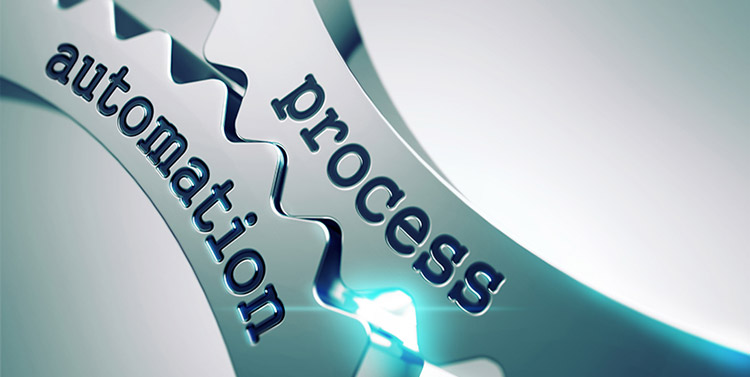Understanding the Different Types of Industrial Automation
Automation has truly done wonders for a number of sectors, especially the manufacturing industry. Automation brings in several advantages to the floor, including reduced labour, quality consistency, better efficiency, reduced risks of human errors, and enhanced health and safety. Mitsubishi Electric offers the best in industrial automation products, which can broadly be categorised into programmable automation, hard automation, and soft automation. Understanding the basic differences between the different types is key to choosing the right automation solution for your organisation.

Programmable Automation
This type of automation is best suited for batch productions as it offers the flexibility to change the product being manufactured if required. Here, the automation and production equipment can be controlled and altered through a program that can be coded in a set number of ways and can change the sequence of automation. The operations are fixed but their sequence can be changed based on need. This type of automation offers low levels of production as changing products mid-operation can be a rather time-consuming process. This type of automation is perfect for manufacturing different variants of the same product in quick time.
Hard Automation
Hard automation is the type of automation where the manufacturing process is fixed in its configuration. Hard automation is also known as fixed automation as it follows a fixed sequence in its automated process. Hard industrial automation products are most suited for manufacturing single items in bulk as they ensure complete consistency in each and every product. Though implementing hard automation systems involves a higher initial investment, they are straightforward automation solutions that are easy to retool and put up to other applications. While hard automation does not have the mobility needed for navigating complex parts, they are very well-suited for simple motion applications like straight line welding or rotational welding.
Soft Automation
Soft automation is
also known as flexible automation and is the type of automation where the
production equipment as well as the manufacturing process and operations can be
altered as per the manufacturing need. This type of automation can be used to
produce a wide range of parts with minimal loss of time for changing from one
product to the next. Reprogramming the system or even altering the physical
setup also does not involve any loss of production time. Soft automation is
best suited for industries that require high levels of production where the
product design is constantly changing as it ensures continuous production of various
products with design variations.Today, automation has become a crucial part of
the manufacturing industry, where consistency and quality production are the
need of the hour. Thus, depending on the type of application and your
organisation’s manufacturing needs, you can explore the range of industrial automation products
offered by Mitsubishi Electric to facilitate sustainable growth for your
organisation.
Post Your Ad Here
Comments